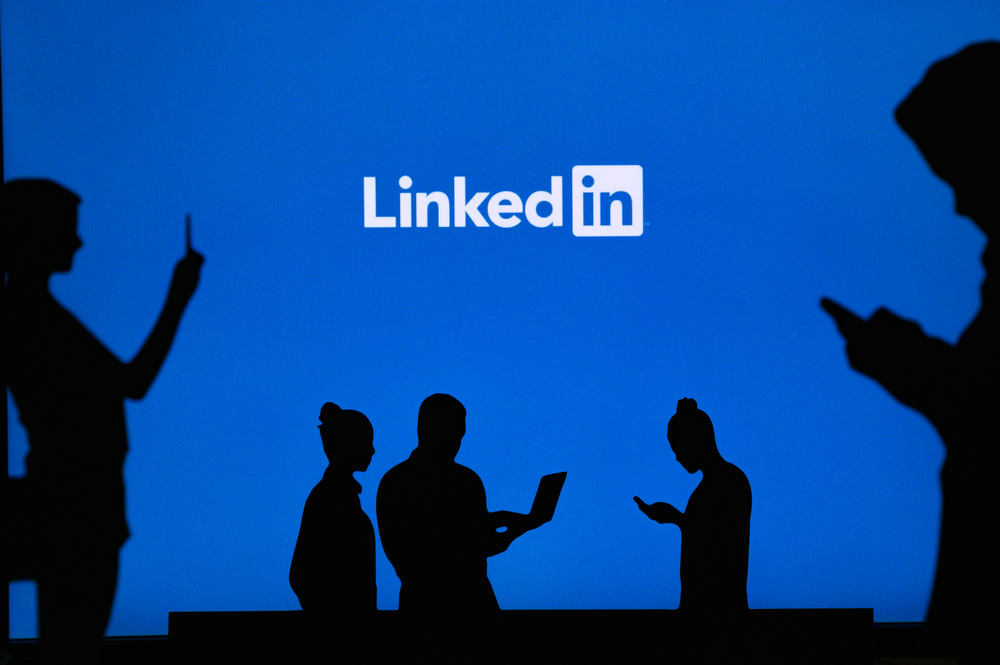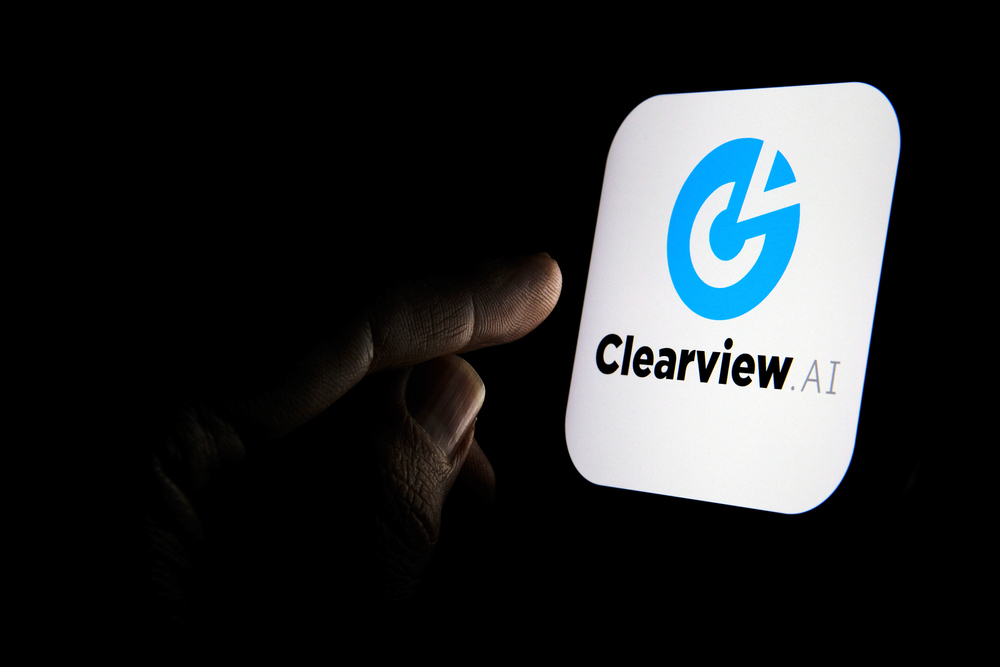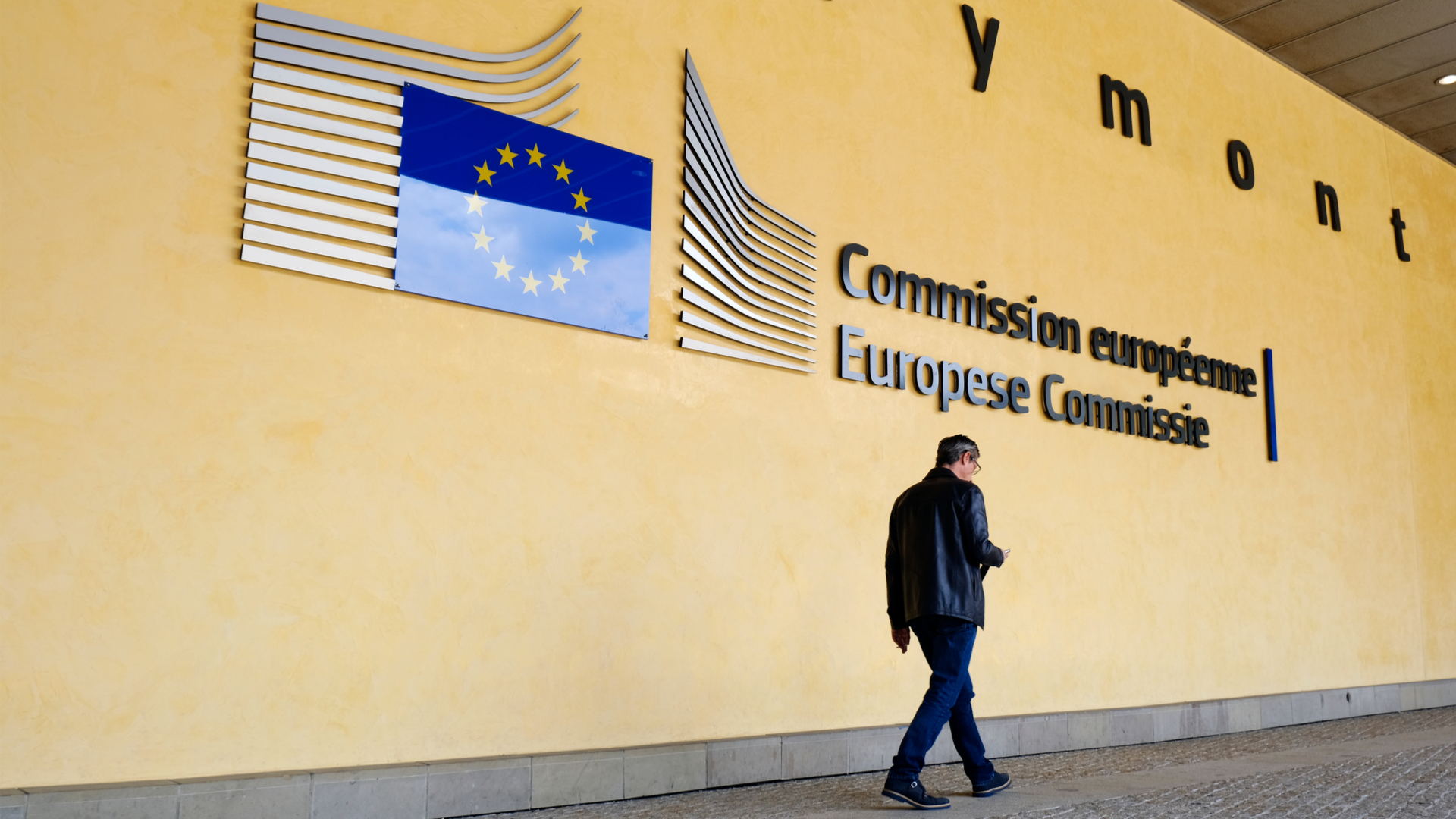Microsoft opens up on collaboration with law enforcement agencies
Report details requests it gets from the police and others around the world.


Microsoft has gone on record to detail requests it gets from law enforcement agencies about the firm's online and cloud services.
The release of its 2012 Law Enforcement Requests Report comes after pressure from privacy organisations to release data on what information it hands over to police and other law organisations. Similar moves have been made by Google and Twitter recently.
Microsoft general counsel Brad Smith said in a blog post that in recent months there has been "broadening public interest in how often law enforcement agencies request customer data from technology companies and how our industry responds to these requests."
He added that Google, Twitter and others have made "important and helpful contributions" to this discussion by publishing some of their data. "We've benefited from the opportunity to learn from them and their experience, and we seek to build further on the industry's commitment to transparency by releasing our own data today," he said.
The report states that last year Microsoft (including Skype) received 75,378 law enforcement requests for customer information, and these requests potentially affected 137,424 accounts or "other identifiers". Only 2.1 per cent, or 1,558 requests, resulted in the disclosure of customer content.
Microsoft said of the 1,558 disclosures of customer content, more than 99 per cent were in response to lawful warrants from courts in the US. "In fact, there were only 14 disclosures of customer content to governments outside the United States. These were to governments in Brazil, Ireland, Canada and New Zealand," said Smith.
It added that in 56,388 cases where Microsoft (excluding Skype) disclosed some non-content information to law enforcement agencies, more than 66 per cent of these were to agencies in only five countries: The US, UK, Turkey, Germany and France. For Skype, the top five countries accounted for 81 per cent of all requests. These countries were the UK, US, Germany, France and Taiwan.
Get the ITPro daily newsletter
Sign up today and you will receive a free copy of our Future Focus 2025 report - the leading guidance on AI, cybersecurity and other IT challenges as per 700+ senior executives
Microsoft also had 11 requests from police or information relating to its enterprise customers. Smith said that the company believed that law enforcement requests for information from an enterprise customer are best directed to that customer rather than a tech company that happens to host that customer's data.
"That way, the customer's legal department can engage directly with law enforcement personnel to address the issue," he said.
He added that the company either rejected or were successful in redirecting seven of these 11 requests. "In the four instances where we disclosed some enterprise customer information, we either obtained the customer's consent before complying, or we disclosed the information pursuant to a specific contractual arrangement to process such requests on behalf of the customer," said Smith.
Rene Millman is a freelance writer and broadcaster who covers cybersecurity, AI, IoT, and the cloud. He also works as a contributing analyst at GigaOm and has previously worked as an analyst for Gartner covering the infrastructure market. He has made numerous television appearances to give his views and expertise on technology trends and companies that affect and shape our lives. You can follow Rene Millman on Twitter.
-
 Bigger salaries, more burnout: Is the CISO role in crisis?
Bigger salaries, more burnout: Is the CISO role in crisis?In-depth CISOs are more stressed than ever before – but why is this and what can be done?
By Kate O'Flaherty Published
-
 Cheap cyber crime kits can be bought on the dark web for less than $25
Cheap cyber crime kits can be bought on the dark web for less than $25News Research from NordVPN shows phishing kits are now widely available on the dark web and via messaging apps like Telegram, and are often selling for less than $25.
By Emma Woollacott Published
-
 India’s new data protection bill continues to “facilitate state surveillance”
India’s new data protection bill continues to “facilitate state surveillance”News Although data localisation requirements have now been removed, it’s down to the Indian government to select which countries data is allowed to be sent to
By Zach Marzouk Published
-
 UK police fails ethical tests with "unlawful" facial recognition deployments
UK police fails ethical tests with "unlawful" facial recognition deploymentsNews A University of Cambridge team audited UK police use of the tech and found frequent ethical and legal shortcomings
By Rory Bathgate Published
-
 LinkedIn denies data breach that reportedly exposed 700 million user records
LinkedIn denies data breach that reportedly exposed 700 million user recordsNews Report claims 'breach' led to profiles belonging to 92% of LinkedIn users being put up for sale on a popular hacker forum
By Bobby Hellard Published
-
 Privacy campaigners rally against "illegal" Clearview AI data scraping
Privacy campaigners rally against "illegal" Clearview AI data scrapingNews The notorious facial recognition firm claims to have a database of more than three billion images scraped from social media sites
By Bobby Hellard Published
-
 Germany bans Facebook from using WhatsApp data over GDPR concerns
Germany bans Facebook from using WhatsApp data over GDPR concernsNews Hamburg's data protection commissioner issues three-month ban days before the app's new privacy policy rolls out
By Bobby Hellard Published
-
 Facebook faces 'mass action' lawsuit over data breach
Facebook faces 'mass action' lawsuit over data breachNews Digital Rights Ireland is urging European Facebook users who have been affected to sign up
By Zach Marzouk Published
-
 Irish data watchdog to investigate Facebook data leak
Irish data watchdog to investigate Facebook data leakNews The regulator believes that Facebook may have infringed ‘one or more’ GDPR provisions following apparent leak of 533 million user records
By Sabina Weston Published
-
 EU might force tech giants to share data with smaller rivals
EU might force tech giants to share data with smaller rivalsNews The Digital Services Act draft also suggests that firms may be banned from giving their own services preferential treatment
By Sabina Weston Published